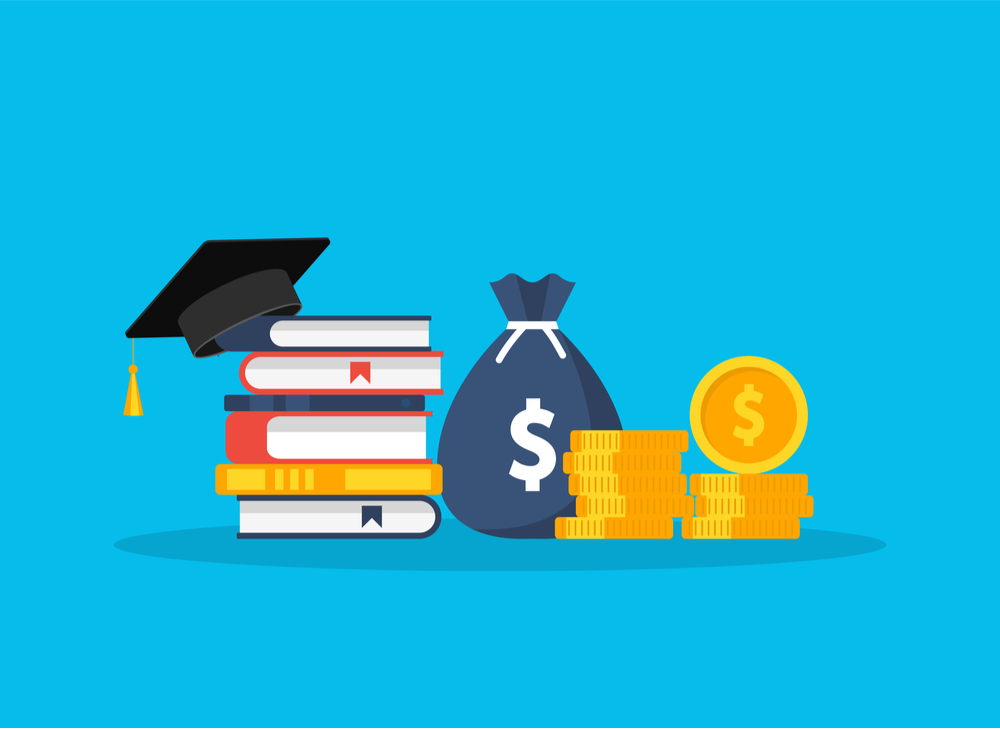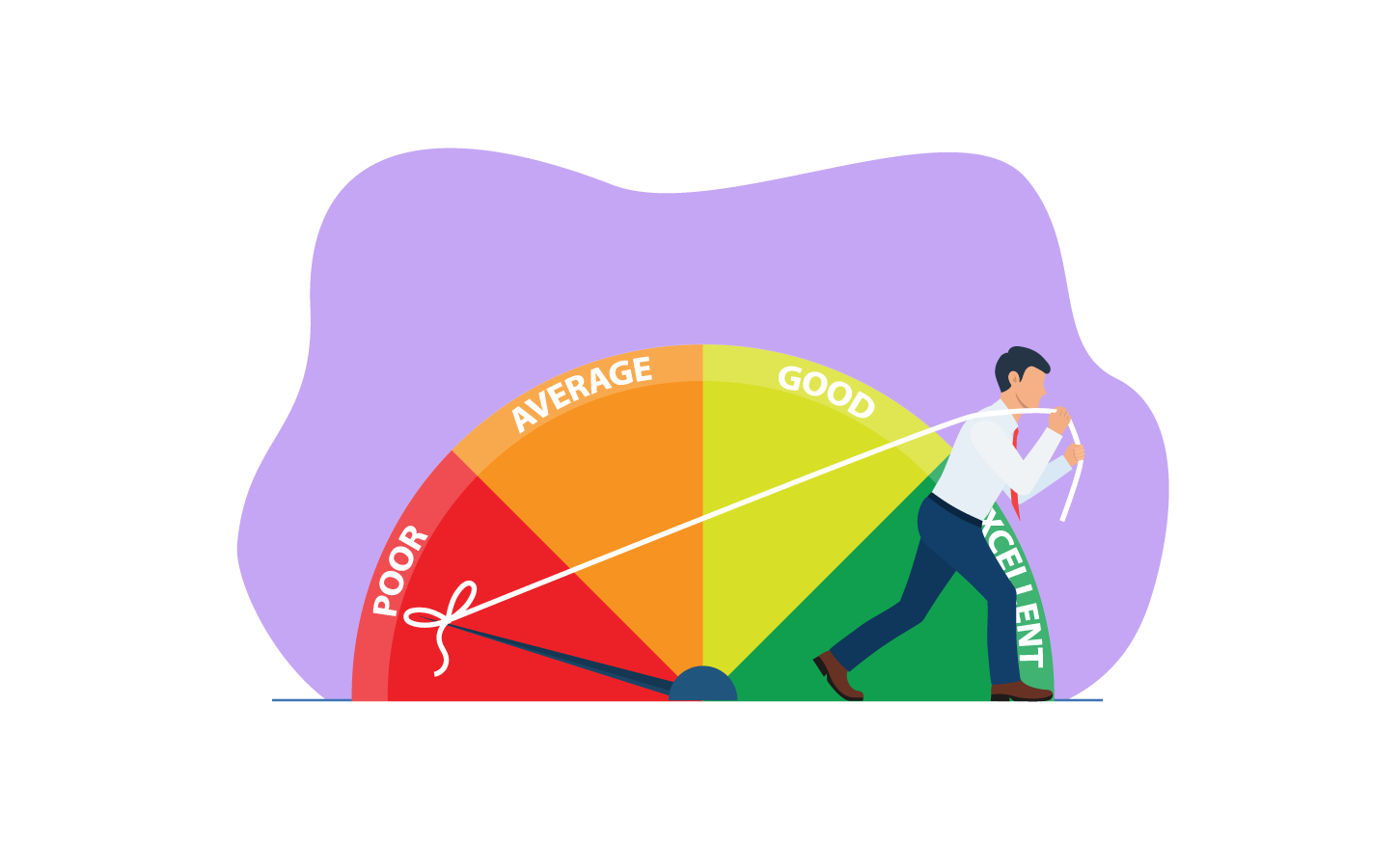Studying at university is a fantastic pathway to many rewarding careers, particularly in a country with such rich opportunities for students. Citizens, permanent residents and foreigners in Singapore have access to some of the finest educational institutions in the world, opening doors to jobs at the forefront of cutting-edge industries.
But the cost of tertiary education remains one of the biggest hurdles for students in Singapore: fees for three-year general courses in 2020 typically fell between $25,000 and $40,000, even after taking subsidies into account. For more expensive courses like medicine and dentistry, students can expect to pay well over $100,000 in total.
Though the price tags might be eye-watering to most, the accessibility of education loans and grants in Singapore makes it possible for students to earn a degree and build a successful career even if they can’t afford the costs upfront. And, for many of us, an education loan is the first type of debt we encounter in our lives. It presents an invaluable opportunity to recognise the benefits and risks of borrowing money and learn how to manage debt effectively.
Setting a budget and planning your repayments
Many students who take on an education loan simply make the minimum repayments without a second thought, while others brush it aside on the assumption they’ll get a better salary in a few years and be able to pay it back. But taking the time to consider your options and set a budget when you first take on a loan can help you make big savings in the long run and alleviate financial pressure in the early stages of your career.
The first thing to work out is how much you currently spend on a monthly basis. This will include essentials such as your rent, groceries, utilities and phone bill, along with your spend on other things like subscriptions, shopping and eating out. Don’t just guess – actually look at your bank statement for the last few months in case there is anything you might be forgetting.
Now that you know your monthly spend, set a budget. It’s easy to see a healthy bank account and assume you have enough spare funds to splurge on a few things, or spend more than you should and think that you’ll catch up next month. These are common but dangerous traps to avoid. Create a budget that forces you to pay for necessities first – including loan repayments – and set aside enough for emergencies before you think about what luxuries you might be able to afford.
Next, explore your financial options. Slowly chipping away at your student debt might seem the most obvious way forward, but it’s not your only option. You may find it suitable to take out a personal loan to settle the debt upfront before paying back the loan against a more favourable rate and term.
What’s the point of paying off my student loan early?
Education loans, like any other type of loan, will naturally become more expensive the longer you take to repay them. Interest slowly builds up over time until you’re able to clear the debt, which is why many people try to repay it as soon as possible and save on interest payments in the long term.
The obvious problem for many students is the lack of funds to pay off the loan early, which is part of the reason for borrowing the funds in the first place. However, you can still explore the possibility of a low-interest personal loan that you can use to help pay off your student loan.
It might seem counterintuitive to settle your current debt with a new loan, but it can be an effective way to establish a more favourable repayment structure. For example, you may have enough in your savings to pay off half your student debt, and you are eligible for a personal loan to cover the remainder. If the personal loan has a more competitive interest rate and term than your student loan, you may benefit from shifting your debt to the new loan and enjoying more comfortable repayments.
Finding and comparing personal loans
Your personal circumstances will ultimately dictate the best way to repay your student loan, which is why early planning is ideal to set yourself up for success. If you think a personal loan might work for you, use CompareSing to compare personal loans in Singapore and find the most competitive interest rates against your preferred loan amount.


















